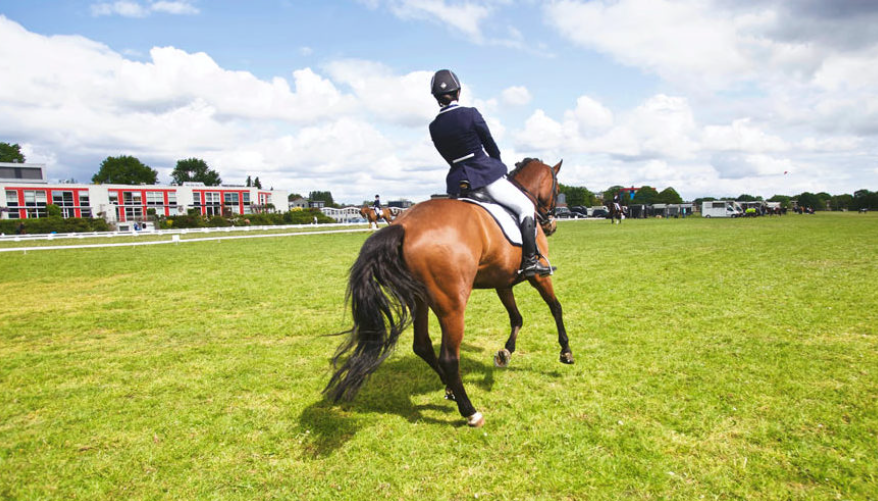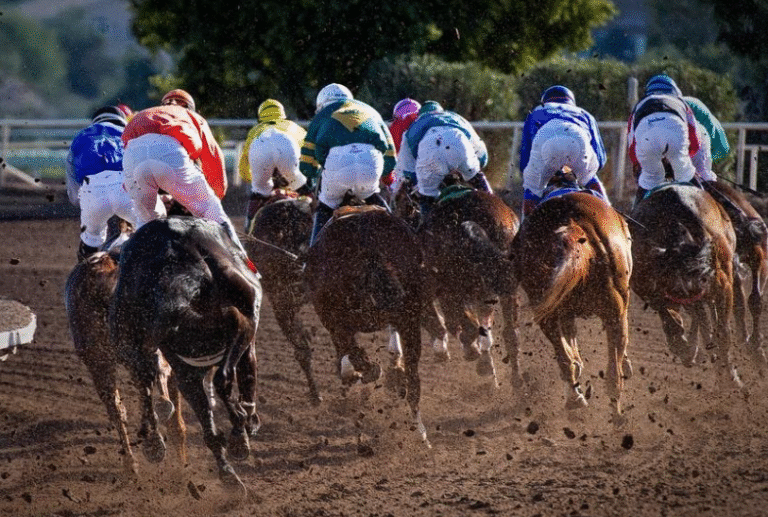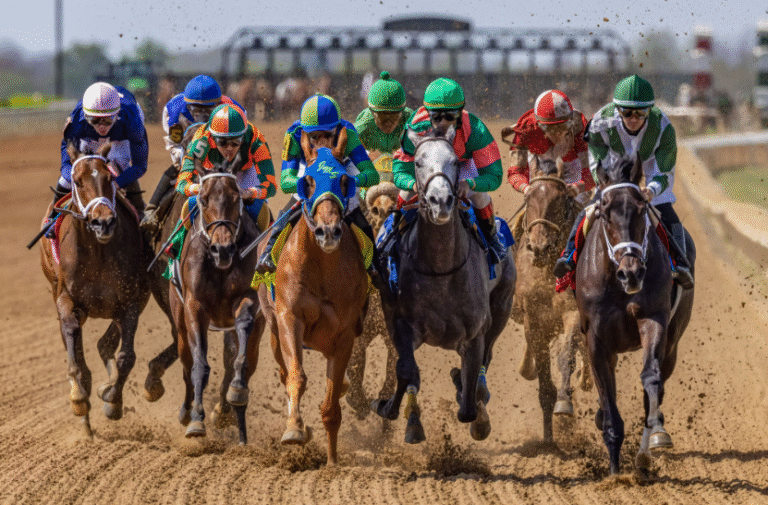How Horse Racing Impacts the Economy of Local Communities
Horse racing serves as a significant economic driver for local communities. It generates numerous job opportunities, from racetrack staff to hospitality workers. The influx of tourists further stimulates spending in various sectors, including hotels and restaurants. Additionally, local businesses often benefit from increased patronage during racing events. However, the broader implications of these economic activities warrant a closer examination to understand their long-term effects on community development and sustainability.
Job Creation and Employment Opportunities
Horse racing significantly contributes to job creation and employment opportunities within local economies, with studies indicating that a single racetrack can generate thousands of jobs directly and indirectly.
These positions often provide competitive salaries and benefits, enhancing economic stability.
Furthermore, the industry promotes workforce diversity, incorporating individuals from various backgrounds and skill sets, which enriches the community and fosters a more inclusive labor environment.
See also: cplemairecplemaire
Boosting Tourism and Visitor Spending
How does horse racing influence tourism and spending in local communities?
Horse racing events attract visitors through strategic event promotions, significantly increasing foot traffic.
This influx leads to heightened spending in local accommodations, restaurants, and entertainment venues.
Additionally, betting revenue generated during these events contributes to the local economy, enhancing public services and infrastructure, ultimately fostering a vibrant community atmosphere that encourages further tourism.
Supporting Local Businesses and Industries
While local economies benefit from increased tourism, the impact of horse racing extends to supporting a variety of local businesses and industries.
Local sponsorships provide crucial funding for events, fostering partnerships that stimulate economic activity.
Event hosting generates revenue for hotels, restaurants, and retail shops, creating a symbiotic relationship that enhances community prosperity.
This interconnectedness underscores the multifaceted benefits of horse racing beyond mere entertainment.
Community Development and Infrastructure Improvements
Significant investments in community development and infrastructure improvements often accompany the presence of horse racing events.
These investments foster community engagement by enhancing public spaces and transportation networks.
Data indicates that infrastructure investment leads to increased tourism and local business support, ultimately driving economic growth.
As communities prioritize these enhancements, the positive ripple effects on local economies become increasingly evident, promoting sustainable development.
Conclusion
In conclusion, the economic influence of horse racing on local communities is nothing short of transformative, catalyzing job creation and fostering an influx of tourism that can elevate a town from obscurity to prosperity overnight. By bolstering local businesses and driving investments in community infrastructure, horse racing not only enhances public spaces but also lays the groundwork for long-term sustainable growth. The symbiotic relationship forged between the sport and the community underscores its vital role in economic vitality.



